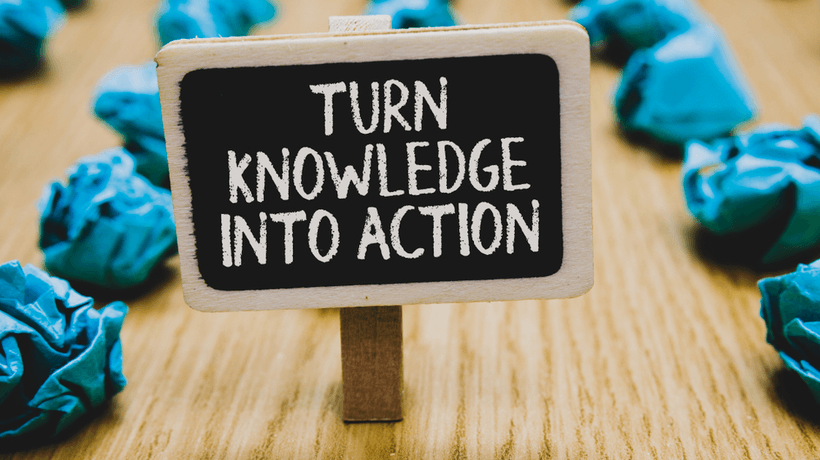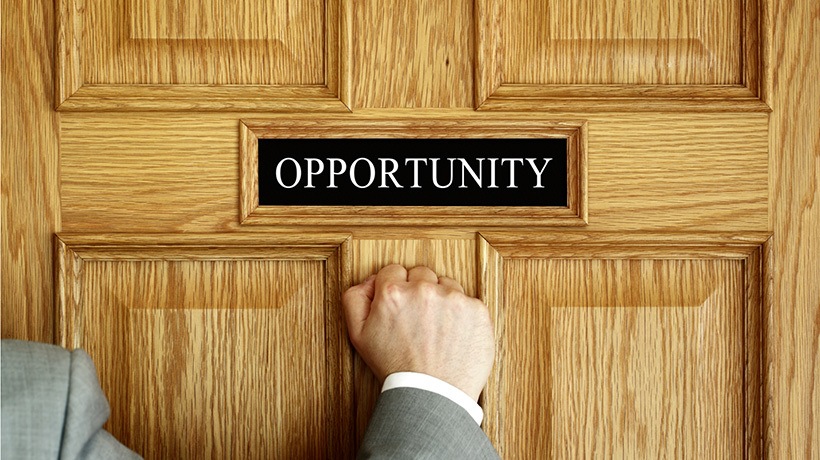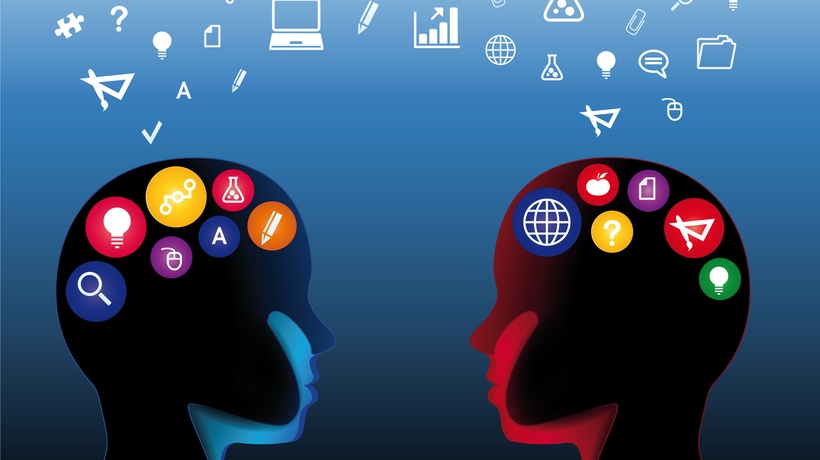The Silver Lining To Volatility
Unless you've recently returned from another planet, 2021 has gotten off to a rough start, and it's only the beginning of the year! Collectively, we assumed 2021 couldn't be any worse than 2020. But could it be? Think about it, even 2020 didn't start off this volatile...it's like 2021 said, "Oh ya? I'll show ya! Here...hold my beer." But, there is a bright side to all of this chaos, it is in the face of adversity when usually the human species shines brightest. These are the moments when our species applies what is learned from experience and also when it learns the most. The question is then, what have we learned from all of these events so far and how do we know what we need to learn?
Asking these questions is often more about hindsight than what we can assess in the moment. In the current context, however, it doesn't appear we have the luxury of hindsight considering the constant extensive external and self-inflicted volatility. So, we must collectively and individually reflect with certainty and in the moment, as to the learning we're experiencing and then assess in real time what more we need to learn. Then, we must take action. Delaying a decision or not doing anything is not something that should even cross your mind.
Conscious Learning
The first thing you should always do, especially during tumultuous periods, is to be open to learning; every kind of learning; any kind of learning. Don't worry this is not another item on your "to-do" list we're all hardwired to learn. The question is whether you are consciously aware of your learning, or rather, what you're learning. You may be saying, "Well, yea, I always know what I'm learning." This is not necessarily true.
Learning for every person occurs automatically. It's the reason why our species exists, survives, and evolves. Without it, none of us would be here. But our evolution has led us to a point where we can, and should, be consciously aware of the learning/knowledge we're taking in. Now, you won't be able to vet every learning moment, but follow me here, knowing that you need to know why you're learning will make you more aware of what you're mentally consuming. You need to know this since it will influence your future decisions and behavior.
Look at it this way, if you want to be physically healthy, you'll monitor what you do and what you eat. Successful dieters are exceptionally conscious about what they consume. You need to do the same with your knowledge consumption if you expect to have a healthy, well-functioning mind. Otherwise, you'll be just like a failed dieter consuming everything and anything without thought wondering how they became overweight.
Be Informed
The environment we live in makes it easy to take sides. And naturally, human instinct is to choose a side. That's fine, but know why you're choosing a side. Knowing why is about learning, and learning from credible sources. This will either confirm your position or direct you to a more enlightened path. But it's a win-win position for you. But you can't just go sourcing knowledge that confirms your position, you must also seek out knowledge that challenges it. If you don't, then you're not learning.
Be Curious
Many ask, what's the difference between being informed and being curious? They seem similar, but there's a difference. Many are informed but few are willing to roll up their sleeves to verify and audit the source of their learning. Just because you receive information and knowledge doesn't necessarily mean it's appropriate, relevant, or accurate.
Curiosity is an underestimated human trait but it is also one of the most powerful. Think about it for a moment, your curiosity allows you to understand perspectives different from your own, it reveals your implicit biases, it allows you to challenge preconceived notions, and it gets you to question anything presented. And the act of learning? Well, it's fundamentally about being curious. So, be curious!
Challenge The Norm
To answer the "have we learned anything" question is not only about what we must learn but it often begins with how, when, and where we learn. Personally, you should not wait for learning to come to you (anyways, that's a given, it will come to you automatically), but rather, actively seek out the knowledge and learning you require. This, again, is about conscious learning (see above).
Now, let's turn our attention to those responsible for organizational learning, what exactly is going here? Why does learning have to occur in the same old way every time? Are learning practitioners complacent? Are they afraid to shake things up? Do they not want to upset stakeholders? Do they even recognize that learning does not necessarily occur in a structured format?
Current learning efforts, especially during a period when it's their time to shine, are not doing much to contribute to the "what have we learned" question. Two things do come to mind: First, learning no longer has to happen sitting in a class or worse, getting stuck in front of a screen! Second, all of the available learning technologies, and practitioners begging for it, allow learning to occur in ways learners (you know, the employees?) want, not the way you want to deploy it.
Here's another status quo challenge: Get to know your learner better and then "mass customize" your offerings. When designing and developing learning initiatives, practitioners often overlook individual learner's experience or the collective experience. This is too often the typical siloed approach to designing learning solutions that don't stray far from an outdated formulaic approach, which at best, is hit and miss.
Those responsible for learning keep floating thoughts of an "Amazon" or "Netflix" approach to their efforts. This isn't a bad idea! This doesn't mean setting up like these organizations but rather, adhering to the "mass customization" approach they apply and how to effectively use technology. Consider how well each of these companies recognizes your needs, wants, and desires. Consider how they captivate you to use and continually return to their platforms. Consider how "sticky" they make their world to you. Now, think about how they do this not just for you but also for millions of others. Consider this the next time you're setting up or revamping your learning offerings.
What Now?
Ok, so what now? Well, there's a lot for you to take away from this article and, trust me, there's much, much more to say on this topic. But if I have to summarize, the bright side to the pandemic is simply the opportunity to learn and apply this learning to change for the better. Collectively, society didn't realize the handcuffs of complacency we were under pre-COVID. But now, we've all been granted permission to experiment without significant repercussions. It's now in your hands. It's your responsibility to not allow this unique opportunity to slip through your hands. It's time to learn, make changes, and learn again.
Please share your thoughts and feedback with us. We’d enjoy hearing about your efforts. And who knows, it may be the topic of our next eLearning Industry article. Also, please check out our LinkedIn Learning courses to learn more about developing your business credibility for your learning efforts. Please share your thoughts and remember #alwaysbelearning!









